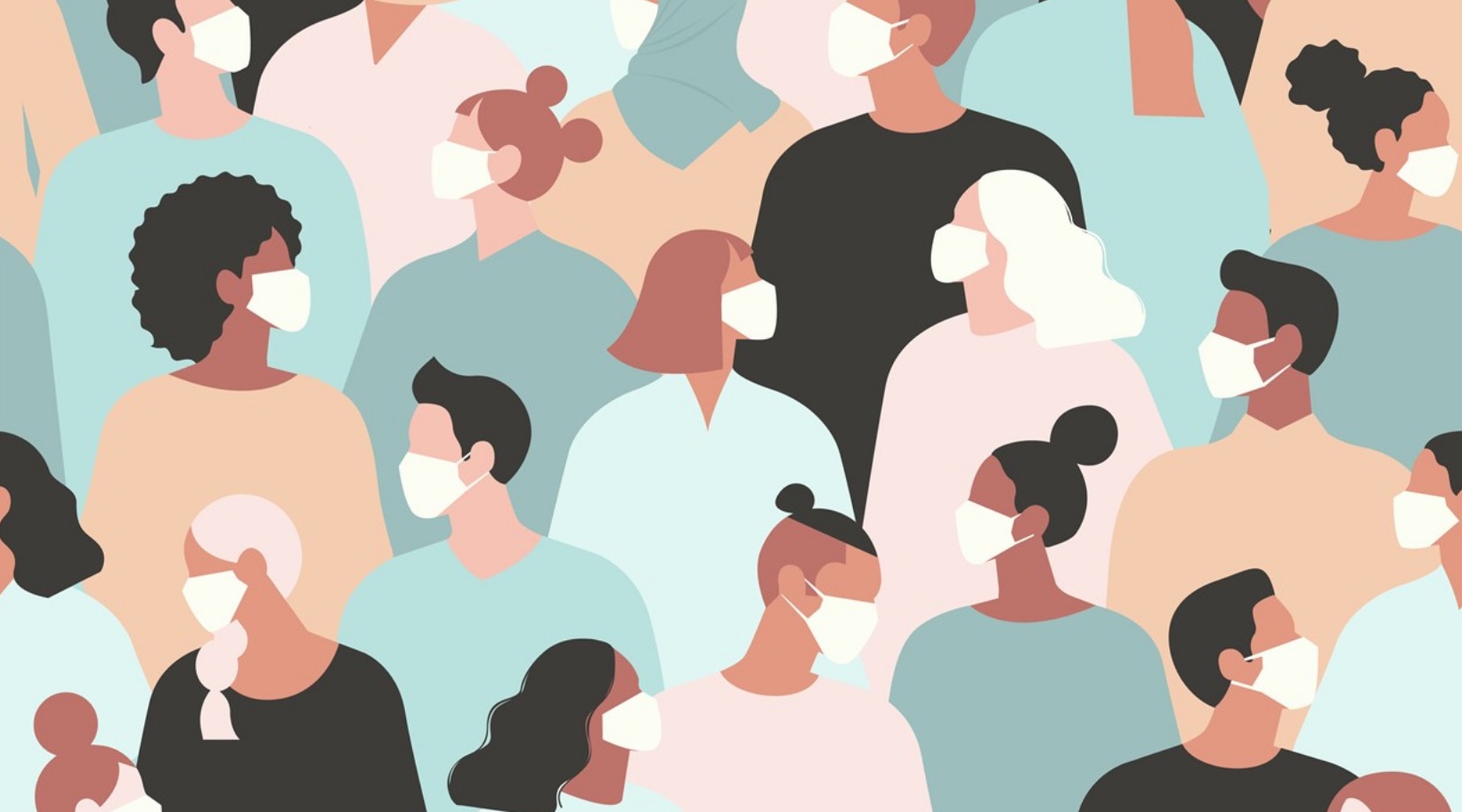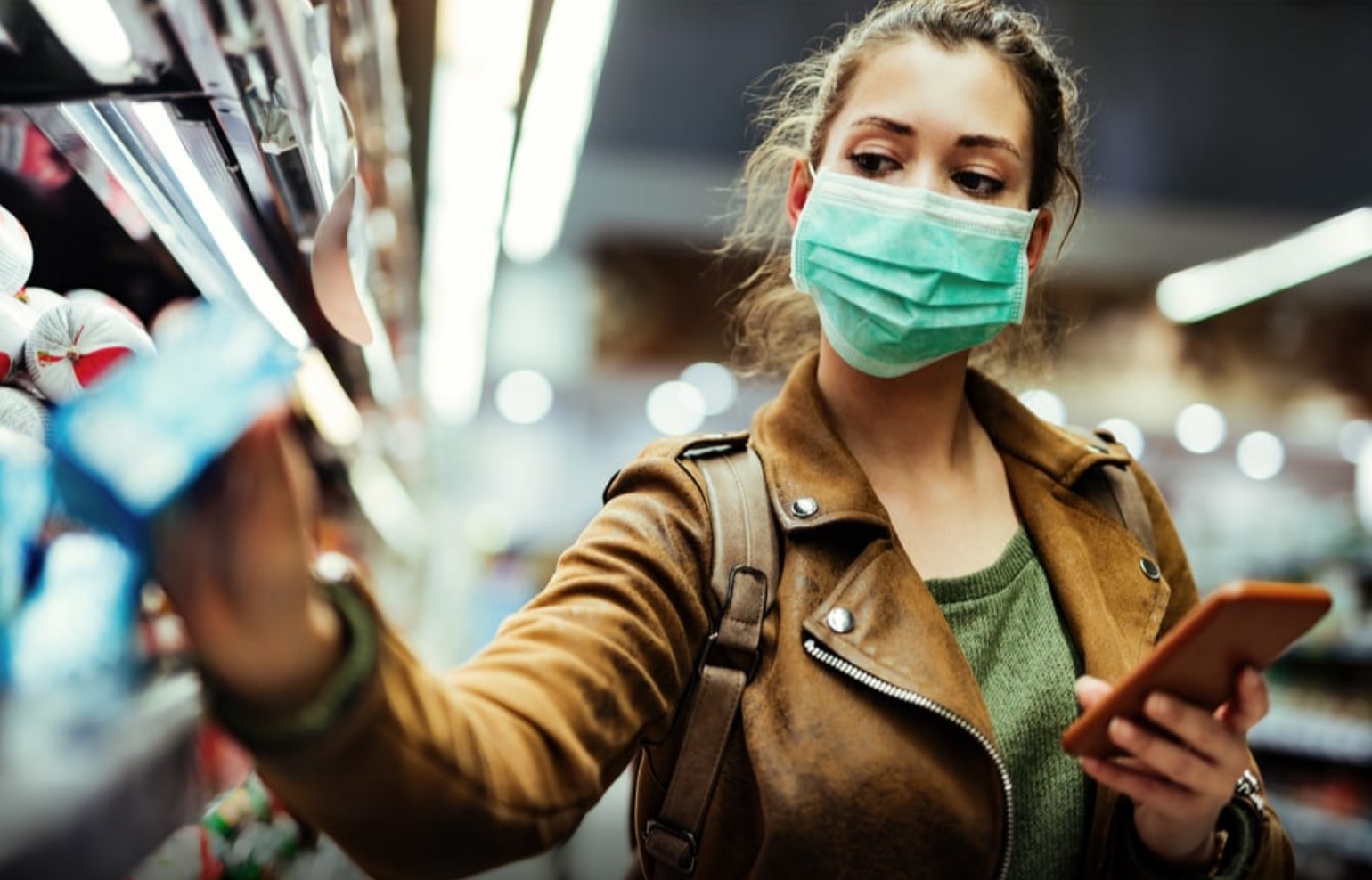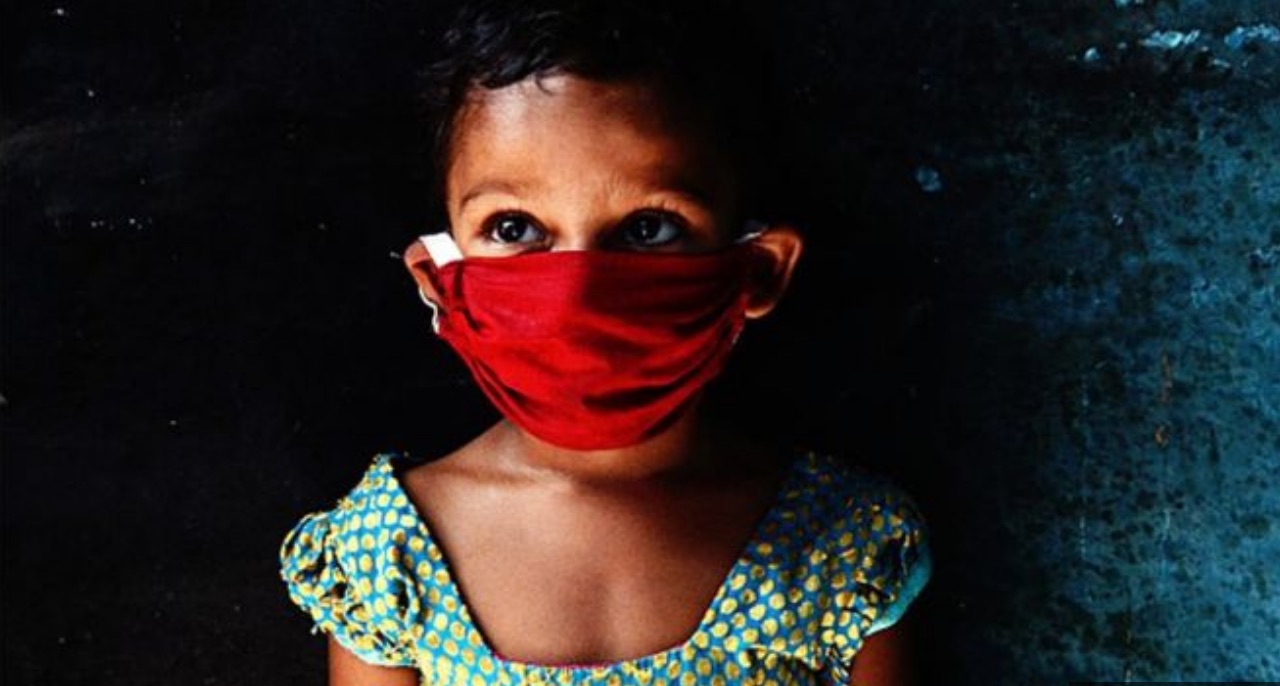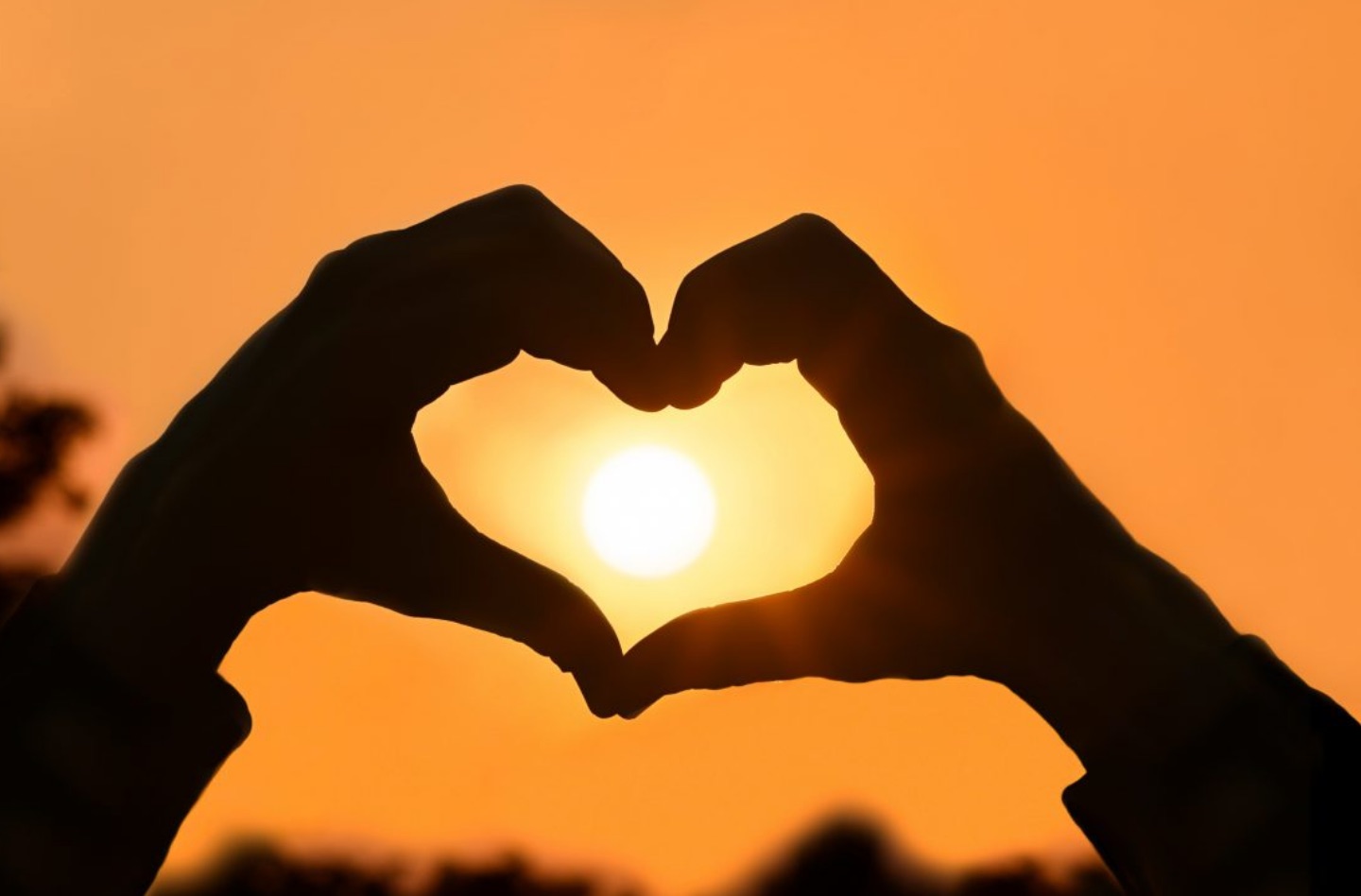
White People Complaining about Wearing Masks
As our societies slowly open up from COVID-19 pandemic and quarantine, white people protest against having to wear masks in public, saying it is their constitutional right to choose whether or not to wear them. They explain how uncomfortable it is, and some have breathing problems. When the purpose of this very simple act of care is to protect them and others from getting ill, they argue passionately as if it is going to harm them more. With the current president refusing to wear one, the public images strongly influence people’s perception of what they can get away with.
It is true that wearing the small piece of cloth on faces gives a sense that we are not interacting with the world directly, and it can be uncomfortable. It covers up our identity in a way that we become partially invisible in the crowd, and our unique individuality (the paramount of self-actualization in the US) would be hidden. Why should they accept this, when they were socialized from very early on how it is important to be all they can be wherever they are?

People of Color Wear Invisible Masks Every Day, Even Before COVID-19.
Living in the white world United States, people of color are socialized from very early on how we must behave in certain different ways in public. We have to take on different identities, becoming someone more appropriate (per white perceptions) to be accepted in the white society. This socialization happens gradually and subtly over time, but all people of color know there are multiple realities we must navigate in order to survive in this world. There is no choice in the matter. We learn to talk and act in certain ways when we are in the white space, to protect white reality for the majority. We exchange “looks” among us in the space, but keep our mouths shut tight so that white people’s feelings are not hurt. Only when we are in the safe space surrounded by people of color, we can confirm crazy things we do, but once we are back out there, we keep the invisible masks on our faces.
It is truly exhausting. It suffocates us, yes, and we cannot breathe well. The invisible masks hide our beautiful individualities and unique qualities so that we can be accepted in the white society. We smile big for white people when we want to cry. We keep straight face when we are confused and scared. As the mask protects us from a larger and more-serious harm of the white society.

The Consequences of Choosing Not to Wear Masks
If we choose not to wear masks in public, there will be consequences, whether we are white with physical masks, or persons of color with invisible masks. If our teenager of color complain, protest, argue, and flight not to wear the invisible masks in the white space, the consequences can be fatal. Even with the masks, we are routinely beaten and harassed. The minimum consequence would be constrained activities and limited access in certain places. Imagine a teenager joins a gang, and asserts their unsatisfaction in the society: they may feel empowered in the process, but that decision will invite different futures as well. For the least, they will be judged and not be welcomed in certain places in the society. A white person refusing to wear a mask will face similar “minimum” consequences – they will be judged as selfish or uneducated, and not be able to go to certain places (e.g., grocery stores, restaurants), or may be given citations in the public spaces. Their lives will not be in immediate danger as white people, (except that they can attract the virus more easily). Asserting the perceived rights may provide a temporary sense of power over others, but it will be short lived.
Please think about the broader picture and how your action influences others. Mask-wearing is a new habit, likely to continue for a while longer, for good reasons. It may be uncomfortable but will protect you and others from a larger and more-serious harm. It will keep you, your loved ones, and our human race healthier. As a person of color who wears an invisible mask every day in the white world, I can assure you the masks will not change who you are inside, and you will find ways to take them off safely at home. Masks are such a small way to handle a much-bigger problem out there for white people and for people of color. Be compassionate. Value your connection with the broader human race and reevaluate how your personal comfort and preference may make a difference in the world. Be empowered for being a part of bigger cause, and not by self-gratification.

Aki Murata, Ph.D. is an independent education consultant, working with schools and districts to make learning better for students who come from various communities. She has held professor positions at Stanford University and UC-Berkeley, contributed to lives of many teachers and students. She welcomes feedback from the readers to [email protected]

